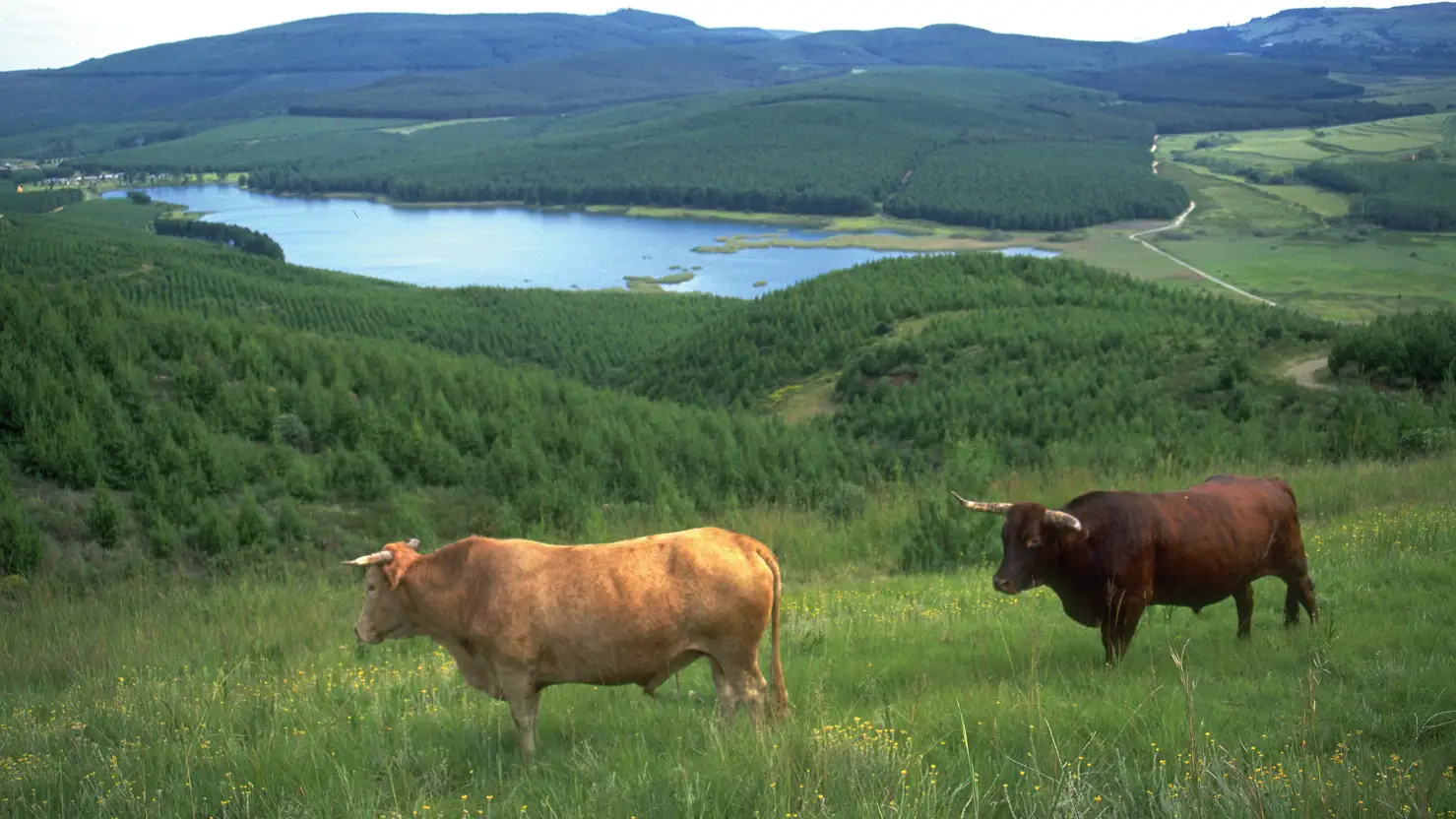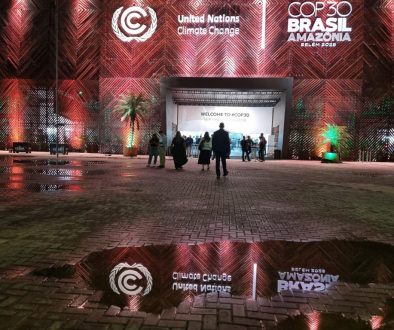Sappi collaborates with WWF-SA for water security
Sappi has entered into a Water Stewardship agreement with WWF-SA (World Wide Fund for Nature South Africa), aimed at improving the water security in the uMkhomazi catchment area. With its significant manufacturing and forestry footprint in this catchment area, which forms part of the Southern Drakensberg Strategic Water Source Area in KwaZulu-Natal, it makes sense for Sappi to focus its collaborative efforts here, where its Saiccor Mill and 42,000 ha of its forestry land is situated.
The catchment also serves commercial farmers, subsistence farmers and domestic users in dispersed settlements across the area, but with it being underdeveloped, faces extensive development changes soon. To meet the future needs of all users, sufficient water at an acceptable level of assurance and quality must be secured. Sappi believes that this can only be achieved through multi-stakeholder collaboration across the landscape. To help coordinate and facilitate the approach, Sappi has launched a two-year project with WWF-SA to engage local communities, civil organisations, leadership and regulatory authorities in dialogue and cooperation focused on water stewardship. This collaborative approach is an extension of an innovative structure, known as the Integrated Community Forum (ICF), which Sappi introduced and uses to engage with local adjacent communities.
The multi-stakeholder engagement will provide a platform for open dialogue regarding water resources in the catchment and will concentrate on four main focus areas to improve water security in the uMkhomazi, namely: improved water governance through multi-stakeholder engagement; water-use efficiency; removal of alien invasive plants and wetland rehabilitation; and capacity development of local communities in natural resource management.

Commenting on Sappi’s decision to prioritise this collaboration, Krelyne Andrew, GM Sustainability Dissolving Pulp says, “The growth in population and production leads to a greater demand for water.
In South Africa, the availability of clean and safe water continues to decline due to the effects of climate change, the pollution of our freshwater bodies and inadequate management of water supplies. Recognising these challenges, Sappi has prioritised Sustainable Development Goal (SDG) 6–the right to clean water and sanitation–as part of its business strategy, which proudly states that Sappi will nurture the renewable resources it relies on, by being environmental stewards and embracing sustainable business practices in all it does. This stewardship project is putting that promise into practice.”
She continued to say, “As a leading supplier of dissolving pulp which is exported globally mainly for the textile fibre production, it is essential that Sappi continues to lead and contribute to the greening of the textile industry. Our partnership with WWF-SA responds to the Climate+ strategy of the Textile Exchange and their call to action to collectively improve the water footprint of the global textile industry. This partnership aims to not only improve access to water for all, both at a catchment and landscape level, but also to positively impact the ecology and biodiversity in the area and ultimately to boost resilience to the impacts of the changing climate.”
With water use having grown at more than twice the rate of population increase in the last century and with South Africa being a water-scarce country, WWF-SA focuses many of its portfolio of projects on securing South Africa’s Strategic Water Source Areas, be they projects on freshwater, protected areas, agriculture or climate change. These are the areas of the landscape that deliver over 50% of South Africa’s freshwater to downstream economies, while only making up 10% of the country’s land cover. Therefore WWF-SA is working towards mobilising water stewardship partnerships throughout the country to bring together communities, corporations, government, and non-profit organisations to tackle the water challenges in these Strategic Water Source Areas.
“For this reason, the partnership with Sappi is crucial, as WWF cannot work on its own to secure these important Strategic Water Source Areas,” says David Lindley of WWF, who will be managing the partnership together with Sappi. “It is only through collaborative partnerships with corporates such as Sappi, who are also large landowners, that we can begin to support a social change process for improved governance and management of our water resources at a landscape and catchment level such as in the uMkhomazi. This will ensure that in the future we will have some water, for everybody, forever.”

From a Sappi Forests perspective, Hlengiwe Ndlovu, Divisional Environmental Manager for Sappi Forests agrees, “We recognise the impact our plantations can have in the uMkhomazi catchment and on freshwater ecosystems, such as wetlands and rivers, and the importance of these being well managed.
So, we promote water stewardship as a key part of our forestry management and make every effort to reduce the impacts of our forestry activities on water resources. The opportunity for green jobs through the partnership’s focus on alien invasive plant clearing is also fully aligned with Sappi’s commitment to Enterprise and Supplier Development (ESD) that promotes sustainable livelihoods through capacity building of small and medium-sized enterprises (SMEs).”
View a video on the programme at this link.




